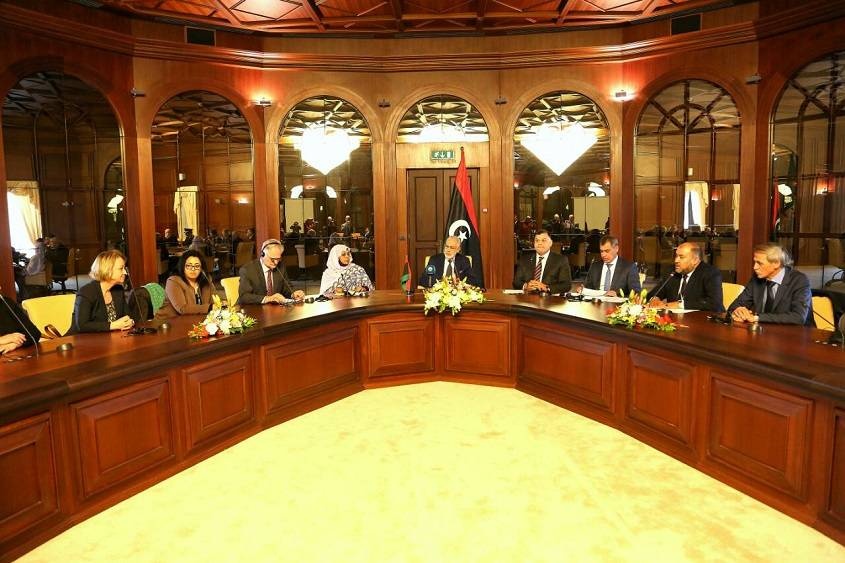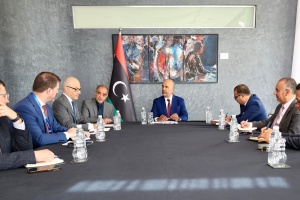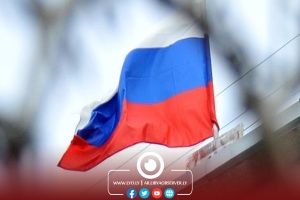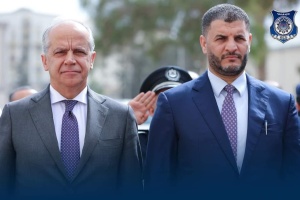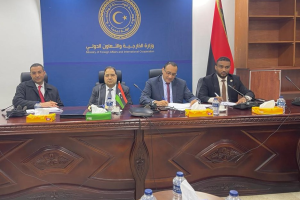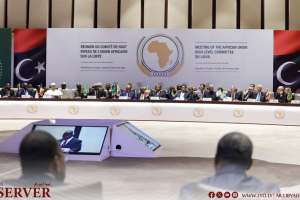The tripartite illegal migration committee (African Union, United Nations and European Union) held in Tripoli on Thursday a meeting to review the repercussions of illegal immigration on Libya and what the international community can do to help Libya overcome this crisis.
According to the Libyan News Agency (LANA), the Libyan Foreign Minister Mohammed Sayala, the AU social commission's head Amira Al-Fadel, EU delegate to Libya Bettina Muscheidt and other officials from the EU and Libyan concerned authorities.
Sayala said that Libya provided all the needed requirements for the crisis and is continuously providing illegal immigrants with the necessary assistance, adding that Libya is facilitating the work of the international delegations that are visiting the migrants' centers in the country, LANA reported.
"It is banned that a foreigner enters Libya without a visa and all Libyans disagree to the notion of settling immigrants in the country," Sayala explained, denying abuses reported against immigrants in Libya.
Sayala also called on the international community to help Libya resolve the migration crisis and convince North African countries to aid Libya in controlling its borders as well as launch development projects in the migration source countries to limit their influx to Libya and then to Europe.
Al-Fadel, on the other hand, said the AU will continue to help Libya in fighting illegal immigration by coordinating with Libyan authorities and by pushing cooperation between Libya and neighboring countries in this regard.
She also said that the AU will assist Libya in the services needed at the migration centers, pointing out that there could be a project that would aim at building a database for the immigrants stranded in Libya, saying Libyans would be trained to carry out that job.
An EU delegation to Libya's official said at the meeting, according to LANA, that the database is vital in order to document the migrants in Libya, vowing support for Libya in order to end the crisis that plagued Libya, Africa and Europe together.
LANA added that the attendees of the meeting will be visiting a number of migrants' detention centers in Libya in order to later inform the international community about the humanitarian services provided by Libyan authorities to the migrants.

